Goal Click Refugees and Red Deporte
The analogue cameras returned again to capture the reality of refugees in Europe, through football. Red Deporte is part of this project that has been depicting the hopes of refugees throughout the world and their links to football for several years. The young people gathered under the umbrella of Red Deporte have the opportunity to express how they live and grow about the king of sports.
Christian, a young Gypsy of 15 years old, or Martiel, a central-African refugee of the same age, share the same curiosity for an object that’s unknown to them, as they’ve been born and grown up in a digital environment. Goal Click for Refugees opens the door to a more spontaneous, human photography which brings in the element of surprise. A type of photography that shows the reality of the refugees in a more true and authentic way, away from selfies or digital touch-ups.
This project shows the spontaneity and singularity of thousands of children and young people towards football through the lens. But its true value remains in its intention to raise awareness of the drama of refugees throughout the world, with football as the background. A sample of the best photographs is shown at sporting events of the highest level, such as the football world cup. A stage that everyone can attend to learn about the ‘other football’ played globally every day in millions of districts and neighbourhoods. Red Deporte interviewed Mathew Barrett to get a better perspective of the whole initiative
How was Goal Click born?
Goal Click started in 2013 with a conversation between my co-Founder Ed Jones and myself, when we used to work together. Ed has a big passion for analogue photography and suggested an idea to give football fans disposable cameras for the 2014 World Cup in Brazil. My background was studying the role of sport in politics and warzones, so I suggested that we start a project to find one person from every country to tell the story of football around the world. That project was Goal Click.
What inspired you to do it?
We felt there was a real opportunity to tell stories from around the world that were not being heard. Goal Click aims to tell powerful human stories about football’s impact around the world – the similarities and differences between people and countries, with a strong message of football as a force for social good and conflict resolution at its heart.
What is the main goal of Goal Click?
The main goal of Goal Click is to help people understand each other and the world through football.
Above all our mission is to find and tell the most compelling stories, from civil war amputees in Sierra Leone and Kurdish football on the border with Islamic State, to Serbian ultras, Mexican riot police, life on the Inca Trail in Peru or in the Ural Mountains in Russia!
To complete the original Goal Click aim, it might take about 3 more years to find photographers from all 250 countries and territories in the world. But we have already started creating new projects running alongside the overall project, and we may not always use photography.
For instance we recently launched Goal Click Refugees. We are finding refugees that can receive one of our cameras to document their personal stories through their experiences with football in refugee camps or integrating into new host communities. The refugee crisis is a major issue of our times and Goal Click wants to tell the powerful stories associated with people who have found themselves in these situations.
Is there any story or comment you want to remark?
We received our first camera back from Sierra Leone in late 2014. We had very low expectations – we thought we would be lucky to get one good photo from each camera. But all the Sierra Leone photos were absolutely incredible.
Our photographer from Sierra Leone was Pastor Abraham Bangura, a church minister and the coach of the Single Leg Amputee Sports Association (SLASA). SLASA, the national amputee football team, was founded in 2001 at the end of the decade-long civil war in Sierra Leone and runs a football based programme for amputees, helping those affected by conflict overcome their injuries and re-integrate into society. The photos show the team training on Lumley Beach in Freetown, Sierra Leone.
We interview all of our photographers after they complete the camera and as Abraham himself said, “There are times I think about the senseless war that took place in our country, it makes me want to shed tears. One of the main things I was trying to showcase is that disability is not inability. We are not just teaching them about football, we are also building capability, such as giving them loans to do microfinance. We want to see the amputees coming out on the streets, with skills, and then be somebody in society that society will recognise. For us to turn their pain into power, we needed to start this amputee football.”

